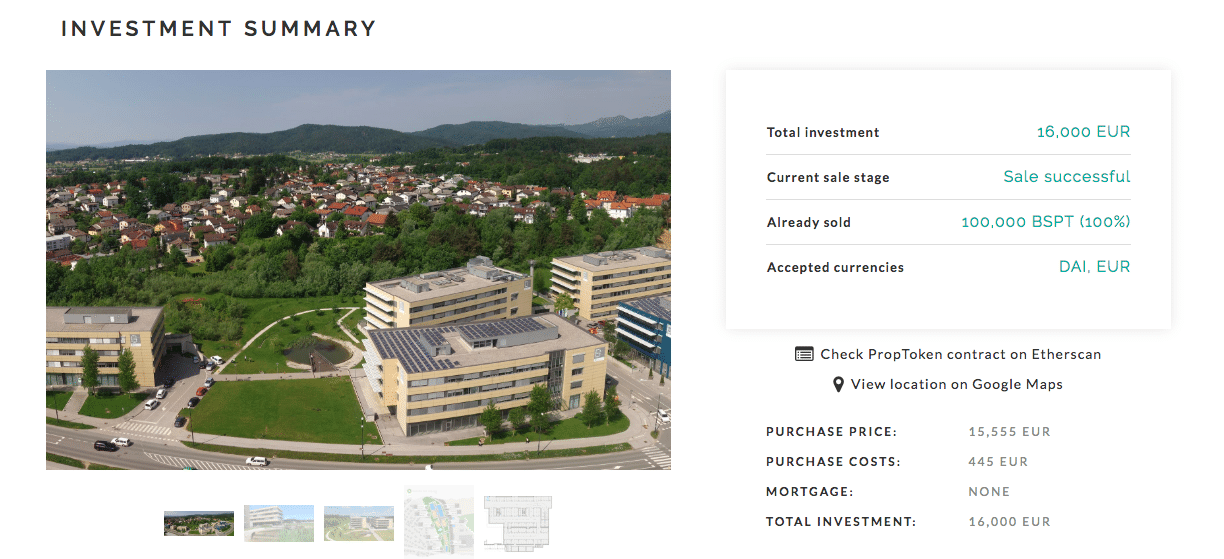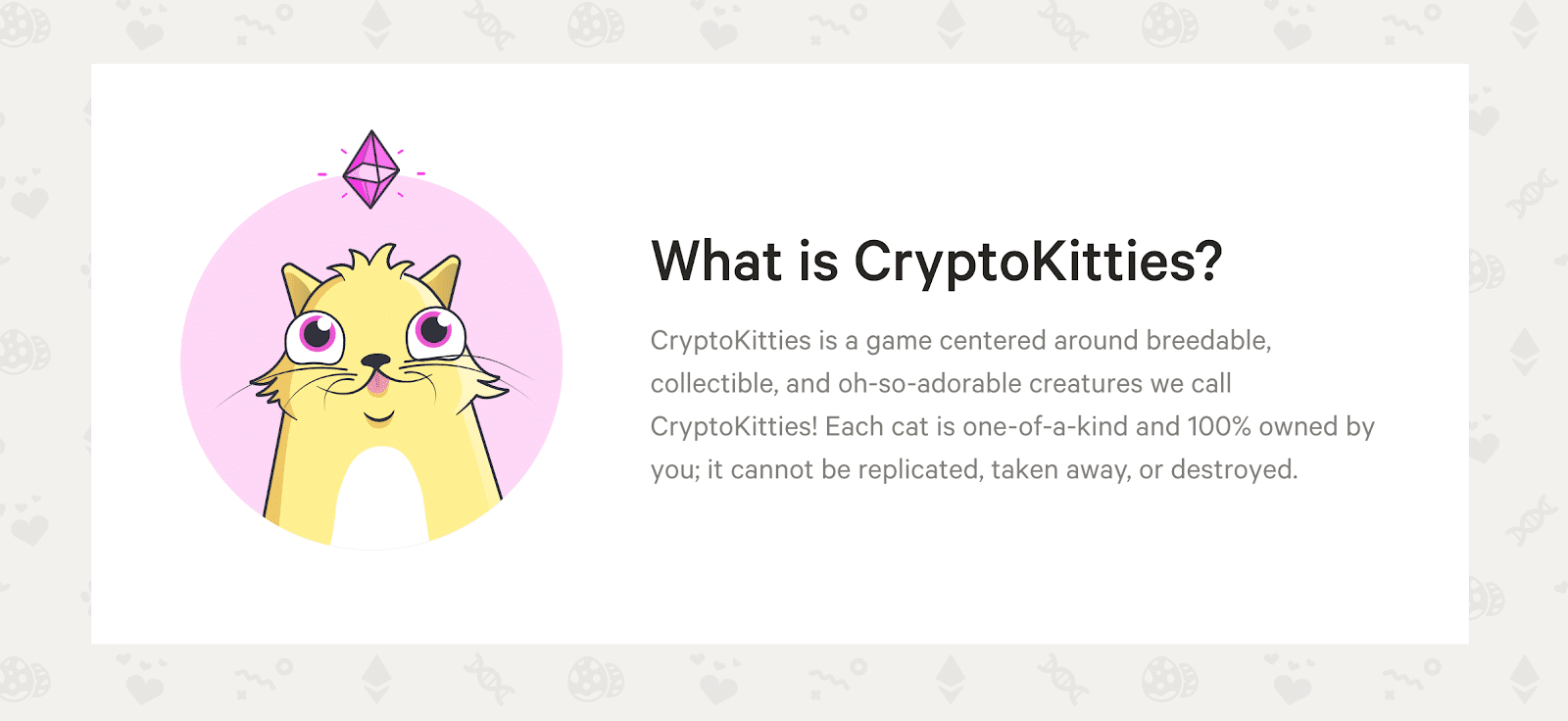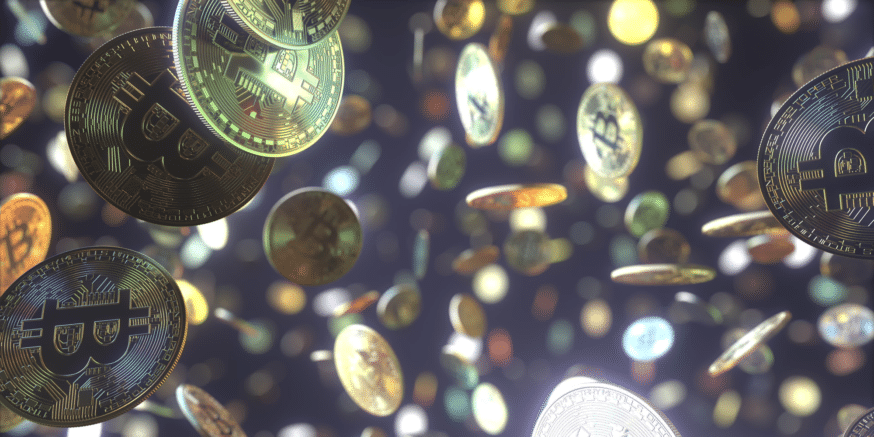The crypto space continues to see more non-fungible token concepts enter the market. These tokens are different than their fungible counterparts in that they’re not interchangeable. Think of non-fungible tokens as being unique in the world. They usually represent a digital or real-world asset and are not created equal. Therefore, unlike say, Bitcoin, not every token represents the same amount of value.
Fungible vs. Non-Fungible Assets
The US dollar is another example of a fungible asset. It doesn’t matter if you exchange a dollar in your pocket for any other dollar in existence. Except in rare cases of misprints, regardless of the origin of your dollar, it will still only be equal to one dollar in value.
The Importance of Non-Fungible Tokens
Non-fungible tokens serve an essential purpose within the crypto space. These tokens are created to represent a particular asset, which holds a particular value within a digital ecosystem. They can be held virtually, or they can represent real-world items such as real estate, documentation, or even personnel.
In the past, video game avatars, virtual real estate, and other digital gaming commodities have sold for millions. In one instance, a language teacher by the name of Ailin Graef sold a piece of virtual property from the game Second Life for one million dollars. While this sounds rare, it’s actually much more common than you think. One study places the video game virtual assets market at over 50 billion dollars per year. Who said playing video games is a waste of time?
IBM Researching Non-Fungible Tokes
Non-fungible tokens are unique and cannot be duplicated or forged. The ability to be authenticated without the need for third-party organizations gives non-fungible tokens a considerable advantage over the previous verification systems. By eliminating the need for third-party verification, non-fungible tokens are allowing for new and innovative ownership strategies to develop.
The computer giant IBM recently announced a platform which would utilize non-fungible tokens coupled with RFID technology to monitor car sales. In addition, the platform suggests utilizing the same technology applied towards auto registration.
By tokenizing a real-world asset, you gain the ability of frictionless transfer.
Imagine selling your car. Currently, this process consists of numerous steps including showing up to your local DMV with your ID, registration, and ownership documentation. The person purchasing your vehicle is also required to arrive at the same location with similar documentation.
The process can be extremely time-consuming. If your car was tokenized, you could just accept payment for the item and transfer over the token that represents ownership of the vehicle. It’s this frictionless economic activity which has captured the attention of many blockchain-based startups in the industry.
[thrive_leads id=’5219′]
Tokenizing Real World Assets
As you could imagine, the ability to represent an item virtually can be applied to almost anything in the world. Non-fungible tokens are seeing expanded use in the tokenization of real-world assets. Your home could even be represented by a unique non-fungible digital token. You could easily transfer, sell, or verify property ownership without having to track down your original deed. Your virtual deed would be all you need.
The tokenization of real estate has already begun, with numerous blockchain startups claiming to accomplish this task with ease. Blocksquare is one such platform offering these services to the public. The platform utilizes PropTokens to represent a particular property.

While the concept for tokenizing real estate sounds impressive, there are still some legal hurdles that you must jump in order for these platforms to see large-scale adoption. For one, tokenized real estate platforms must find a way to adhere to the numerous, and often varying, local real estate market requirements.
Countries, states, and even counties have their own real estate laws. This differentiating structure means that for a tokenized real estate platform to succeed, it’s going to have to offer some form of localized governance. In this manner, tokenization can be applied with success.
Governments Look to Non-Fungible Tokens to Digitize Records
Governments are looking towards non-fungible tokens to help reduce the inefficiencies found in current land record systems. In January of this year, the Vermont city of South Burlington began utilizing a blockchain based land registry. The system uses non-fungible tokens to give each land title a unique digital signature. The program has been so successful that Vermont is looking to institute some additional blockchain-based programs.
ERC-721 Protocol
The most popular platform in use for the development of non-fungible tokens is Ethereum’s ERC-721 protocol. This non-fungible token protocol became popular in December of last year thanks to the Ethereum-based game Cryptokitties. This game allows users to buy, trade, and sell unique digital assets in the form of virtual cats.

Cryptokitties utilizes the ERC-721 protocol to ensure each virtual asset is unique in nature. The game became hugely popular during November 2017, and at one point the vast number of users resulted in massive congestion on the Ethereum blockchain. Regardless of these delays, Cryptokitties helped show the world the possibilities and the earning potential of virtual assets. In one instance, a Cryptokitties user sold their virtual cat for over 100,000 USD.
Non-Fungible Tokens on the Rise
Non-fungible tokens are a critical component in the digitization of the economy. Gaining the ability to represent a unique asset virtually is an essential step towards the further integration of blockchain technology into our market. Non-fungible tokens continue to see growing adoption as their benefits are showcased in the marketplace.







